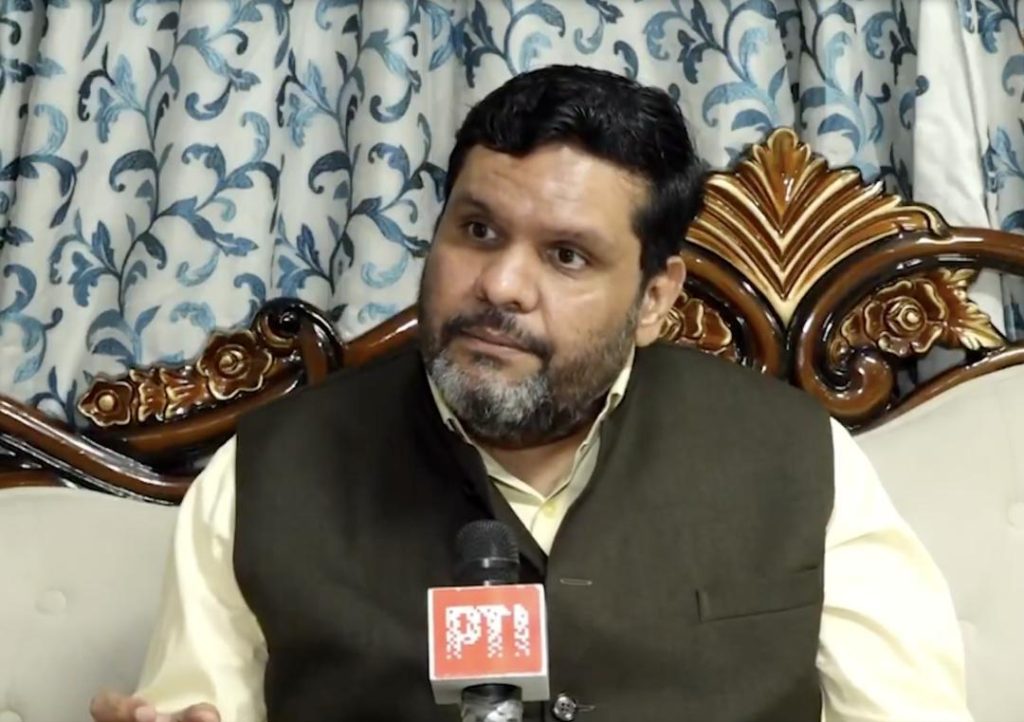
Title: UPA Spent ₹8,000cr on Census, We’ll Do It in ₹500cr: BJP’s Vallabh
In a recent statement, BJP leader Gourav Vallabh has sparked a controversy by claiming that the upcoming caste census will be conducted with a budget of ₹500 crore, a significant reduction from the ₹8,000 crore allocated by the UPA government for a similar exercise. Vallabh’s statement has raised eyebrows, with many questioning the feasibility of conducting a comprehensive census with such a drastically reduced budget.
The controversy began when Vallabh, while addressing a gathering, said, “The caste census will be conducted in the pure spirit.” When asked about the budget allocated for the census, he responded to Congress’ concerns by stating, “I want to tell the Congress that corruption has been eradicated. The work that used to cost ₹8,000 crore during the UPA government can now be done with ₹500 crore.”
Vallabh’s statement has been met with skepticism and criticism from various quarters, with many arguing that the reduced budget will compromise the accuracy and comprehensiveness of the census. The Congress, in particular, has been vocal in its opposition to the reduced budget, with party leaders questioning the BJP’s commitment to transparency and accountability.
The caste census, which is scheduled to take place in the coming months, is a significant exercise that aims to gather data on the social and economic status of various castes and communities across the country. The exercise is crucial for understanding the complex social dynamics of the country and for developing targeted policies to address the needs of marginalized communities.
The controversy surrounding the budget allocation for the census is not the first of its kind. In the past, the BJP has been criticized for its handling of various social and economic issues, including the allocation of funds for welfare programs and social sector initiatives. Critics have argued that the party’s emphasis on cost-cutting and fiscal prudence has often come at the expense of the most vulnerable sections of society.
In this context, Vallabh’s statement about the reduced budget for the census is particularly concerning. The BJP’s commitment to transparency and accountability is already under scrutiny, and the party’s handling of the census budget has only served to fuel concerns about its priorities and values.
Moreover, the reduced budget for the census has significant implications for the accuracy and comprehensiveness of the exercise. The UPA government had allocated ₹8,000 crore for the census, which was a significant increase from the previous budget allocation. The increased budget allowed for a more comprehensive and detailed census, with a greater emphasis on data collection and analysis.
In contrast, the reduced budget of ₹500 crore will undoubtedly compromise the scope and quality of the census. The exercise will likely focus on gathering basic data, rather than conducting a comprehensive and in-depth analysis of the social and economic status of various castes and communities.
The controversy surrounding the census budget also highlights the need for greater transparency and accountability in the government’s handling of social and economic issues. The BJP’s emphasis on cost-cutting and fiscal prudence is understandable, but it should not come at the expense of the most vulnerable sections of society.
In conclusion, Vallabh’s statement about the reduced budget for the census has sparked a controversy that highlights the need for greater transparency and accountability in the government’s handling of social and economic issues. The reduced budget for the census will undoubtedly compromise the accuracy and comprehensiveness of the exercise, and it is crucial that the government prioritizes the needs of marginalized communities in its handling of social and economic issues.
Sources:






